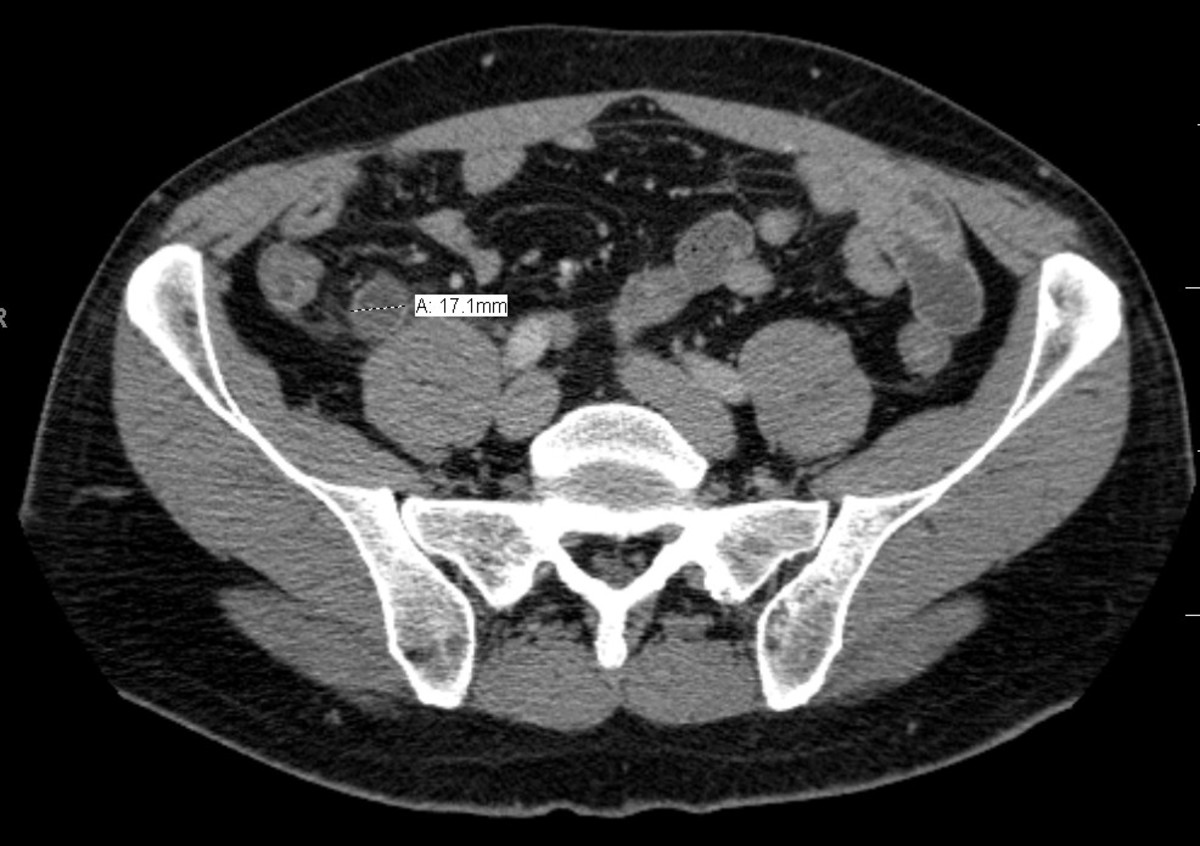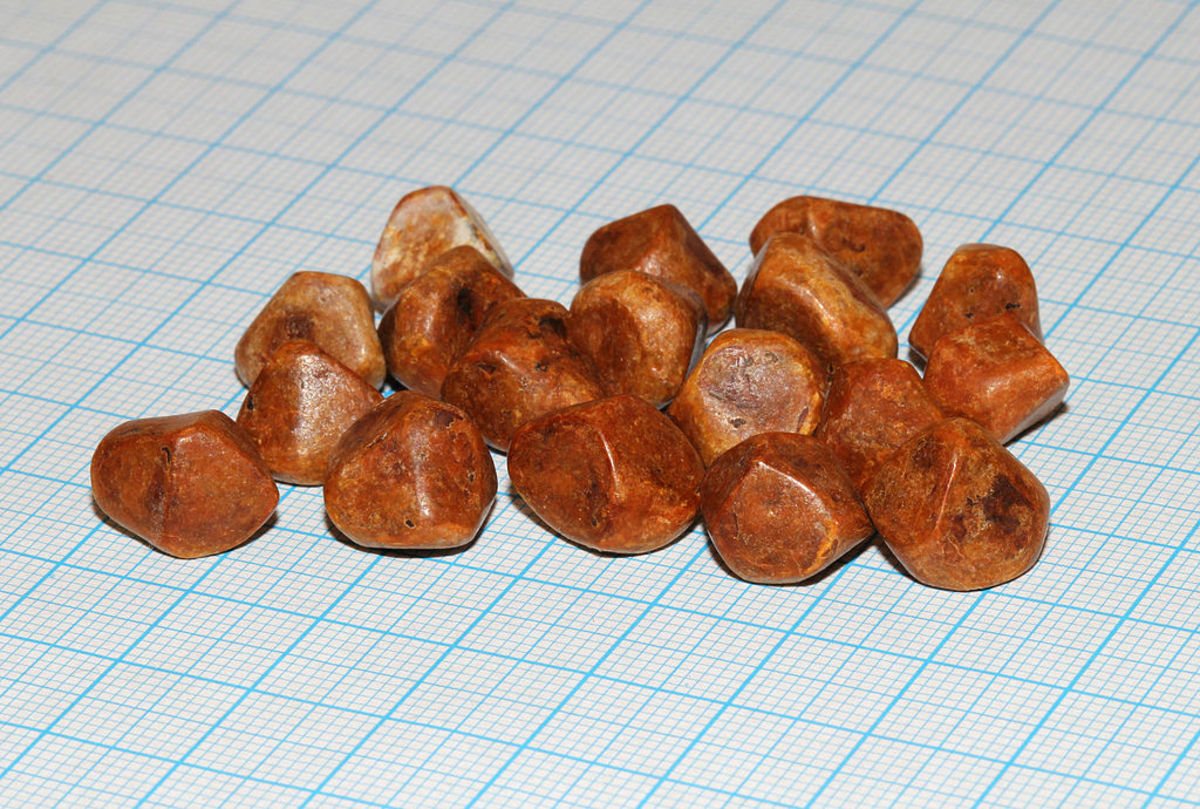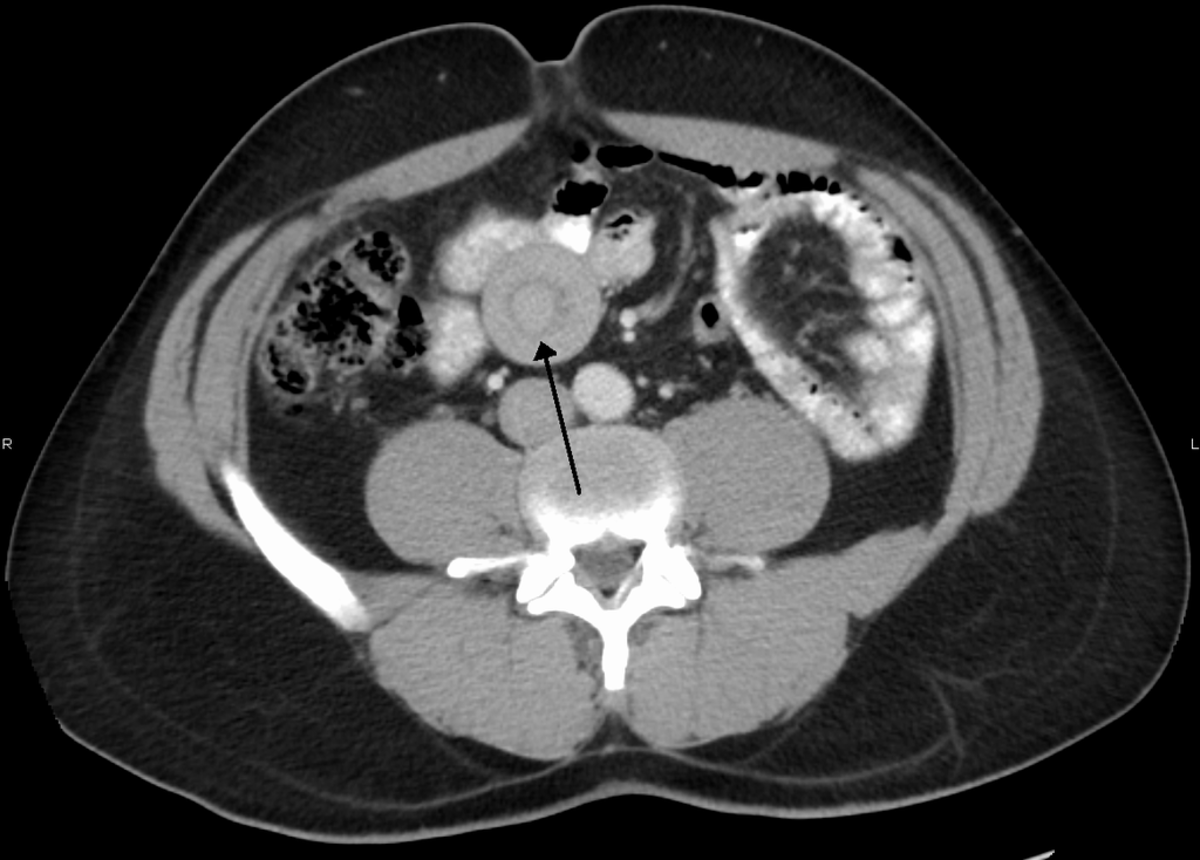I contributed to an article featured on WeHaveKids.com. I shared my opinions on stomach issues in children. I share my support for using probiotics for an aching tummy. See here or read below!
Thanks,
DocSwiner
When “Mommy, My Stomach Hurts!” Requires Medical Attention
We’ve all had upset stomachs from time to time. We often don’t worry about it since we chalk it up to something we ate. However, it is always concerning when your child says their stomach hurts. You’re not sure if they had just overindulged from the tub of ice cream or if something serious is going on.
There can be a variety of reasons for their discomfort. Before you panic, keep in mind that most causes for stomach aches are pretty banal and can be resolved with time and possibly an antacid for children. However, you should be aware of more serious causes like appendicitis. I had the experience of my daughter suffering from this. This article is intended to share my story as well as keep you informed for when your child says they have stomach pain.

What Causes Stomach Pain in a Child?
Abdominal pain in a child can be troubling but the cause for it may not be serious. There are a variety of causes that are not life-threatening or do not require a visit to the emergency room.
Constipation
Studies have shown that constipation is responsible for nearly half of all cases of sudden stomach pain in children. It can be assumed constipation is the cause if your child has not gone to the restroom in two days or if their stool is hard. However, according to Dr. Dan Thomas, a pediatric gastroenterologist at Childrens Hospital Los Angeles, a bowel movement may not eliminate everything in their colon. Here are some preventive and relief measures.
- Make sure your child gets plenty of fiber and fluids.
- Avoid heavy consumption of processed grains and dairy.
- Whole-grain cereals and pear juice can help alleviate symptoms.
- Check with a pediatrician if your child can take any over-the-counter medication that can soften their stool.
- Do not give your child any laxatives that is intended for adults.
- Have your child try probiotics. “These natural bacteria, found in most yogurts or as over-the-counter supplements or vitamins, replenish the gut and help balance ph levels,” says Dr. C. Nicole Swiner, a family medicine specialist at Durham Family Medicine in Durham, North Carolina. “They’re a safe, non-pharmaceutical treatment for constipation, diarrhea, and other “below the belt” issues. It’s my go-to for my five and seven-year-old.”
Gas
Gas is naturally produced by food being broken down in the large intestine. Some children can produce more than others, especially if they eat a lot of sugar. Excessive gas can be painful. Dairy foods can create great discomfort if your child is lactose intolerant. The best solution for this is to identify what your child is eating that is causing uncomfortable gas. You can read this useful article that describes which foods causes and prevents gas.
Gastroesophageal Reflux
It can surprising to hear but children can indeed suffer from heartburn. A symptom of gastroesophageal reflux disease (GERD) includes stomach aches. According to Nationwide Children’s, this can occur when a child eats spicy food, fried food, junk food, or acidic food. It is best to implement preventive measures such as ensuring your child eats fruits and vegetables to balance out acid levels. You may check with a pediatrician if any type of medication can be used.
Abdominal Migraine
According to the American Migraine Foundation, this is a condition mostly found in children age five to nine. The symptoms include stomach pain, nausea, and vomiting. The triggers for the pain are similar to those of migraine headaches. Medication may be prescribed if the migraines are frequent. Children with abdominal migraines may go on to develop migraine headaches later in life.

When to Worry About Your Child’s Stomach Pain
If your child’s stomach pain does not improve in 24 hours, gets worse, or becomes more frequent, then something serious may be happening. These are some causes that require medical attention.
Gallstones
Gallstones are formed when the bile in your gallbladder hardens into stone-like objects. The can cause blockage in the hepatic ducts, which can lead to infection and organ damage. While not common in children, it does happen. According to Seattle’s Children, the most common symptom is pain in the upper belly, typically on the right side. The pain is recurring and could potentially last for hours. Pain can occur after eating a meal, especially if the food is fatty or greasy. For more information, you can read this in-depth article on problems and treatments related to gallstones.
Stomach Ulcer
This is a lesion in the stomach. According to the University of Rochester Medical Center, they are often caused by an infection of Heliobacter pylori, a bacteria that weakens the protective mucus in the stomach. The most common symptom for this is a burning or gnawing pain in the stomach. Other symptoms include anemia and fatigue. Treatment may include a variety of medicines and even surgery if needed. You can read this article which covers more complications and treatments of stomach ulcers.
Inflammatory Bowel Disease
This is a chronic disease where the stomach, small intestine, or colon are inflamed or irritated. According to the American College of Gastroenterology, this condition is relatively rare in children, although it is slightly more common with teens around ages 15 to 19. The most common symptom is abdominal pain along with diarrhea and the presence of blood in bowel movements. Medication will be needed to treat this disease.
Intussusception
This is a life-threatening condition where a part of the intestine folds into another segment. This obstructs food from passing through the intestine. This can lead to infections such as peritonitis. According to the Children’s Hospital of Philadelphia, there is no known cause, although viral infections and abnormalities like polyps may play a role. Abdominal pain is the most common symptom. Vomiting may occur as well as bloody stool. Treatment is done with an enema or with surgery in more dire cases.

Appendicitis
This is a condition where the appendix suffers from inflammation. If an infected appendix is not removed, it can burst and spread bacteria. This can lead to serious infections and can cause peritonitis.
What causes appendicitis in children?
According to KidsHealth, appendicitis is the result of the appendix being blocked. This blockage is typically caused by hard stool (called fecolith), lymphadenopathy (the inflammation of lymph nodes), or even infections from parasites. A ruptured appendix can release bacteria throughout the abdomen, which can cause further complications. Appendicitis usually affects children and teens between the age of 10 and 20. It is the most common reason for emergency abdominal surgery in children.
What are the symptoms of appendicitis?
You should call a doctor if your child is experiencing any of the following symptoms.
- Strong stomach pain near the belly button or around the lower right side of the abdomen. The pain can begin infrequently before becoming more constant.
- The presence of a low fever.
- A decrease in appetite.
- Nausea and vomiting.
- Diarrhea, particularly if mucus is present.
- An infant with appendicitis may have their abdomen appear swollen or bloated.
My Personal Experience
One of the main reasons I am writing this is to potentially help save a child’s life. Here is my story!
A few years ago my daughter complained of a stomach ache. Being the typical mom, I dismissed it as something she ate or she needed to have a bowel movement. The next morning, she said her stomach still hurt, but I got her dressed, fed her crackers, and sent her off to school. Since I work at the school, I told the teacher if her stomach continues to hurt, allow her to put her head down and I would pick her up immediately following school. My daughter rested all day in class but nothing major happened. I checked with the teacher who said she seemed fine by the end of the day. I checked with my daughter who said she felt better, so I decided to stay at work and send her to extended care to play for a while.
About an hour after arriving home, she said her stomach pain had returned. At this point I was wondering if she was faking this whole thing—but then again, after raising three other kids, I have learned to never accuse them of faking because you never know. So I called her doctor and explained the problem: stomach pain, vomiting on the first day, no fever, no diarrhea, no appetite. The doctor felt it was maybe the flu coming on. I did not believe it was the flu. She was not coughing, sniffling, or had a sore throat. So I did what every typical mother does. I jumped on the Internet and researched the flu.
My little sunshine felt better the next morning, so off to school we went. But later that day she ate and vomited and also developed a sore throat, so I decided to keep her home and keep an eye on her. She started to run a fever and get the sniffles so I figured that it was the flu. I took her to the doctor and they gave her an antibiotic for her throat. I ran out to get all the typical cough medicine and fill her with fluids. By Monday she felt better and we were off to another week at school. No stomach pain, no fever, nothing. Great!
The following week she developed a bizarre rash, so I took her to the doctor because I figured that she had been sick for two weeks now and this was not normal. I have watched enough House to know this was not normal. The doctor told me it was just a rash and gave her a steroid and discontinued the antibiotic. A few days later she felt better.
The following week she began to complain of stomach pain again. I told her to rest and see if it goes away. She played with her siblings so I dismissed the problem. In the middle of the night she came to get into bed with us, which is not abnormal. The next morning she complained of her stomach hurting but this time, she was rocking with the pain. I went to the Internet to research stomach pain in children. I wrote down her bowel movements and charted the past 2 ½ weeks. I went to the store to get something to help with her stomach ache. When I returned home she was in tears. I rushed to her side, trying to remain calm as I determined what was wrong. I took her temperature; low grade! I asked the typical questions. Where does it hurt? How bad is the pain? Are you hungry? Are you thirsty? Can you get up? Did you go potty since mommy left?
I gave her a painkiller and some plum juice to move the crowd inside. A few moments later, she cries louder. I go back to her room and she is rocking even more, this time holding her stomach. I stretch her legs out and lay my hand on her stomach. She tells me that doesn’t hurt. I press down and she cries louder. I tell the other children to get dressed because we are leaving. I call her pediatrician to let her know I am going to the emergency room. She concurs and off we go!
I will spare you the emergency room nightmare. Let’s just say that after a five hour wait we finally get blood test and a CT scan. The doctor came in to give us the bad news. Our daughter had to have surgery because she had appendicitis. Then another doctor entered the room and asked me to explain what happened. I told him how the pain started weeks ago, and how I called the doctor, took her to the doctor twice, and how this morning she was crying in pain but now she felt better. She was talking, laughing, and having a good time. She was her old self again. Were they sure this was appendicitis?
The head physician stated (and I quote), “This is not good.” Now I am scared. He tells us the pain leaving is the calm before the storm, how sometimes right before your appendix ruptures, you don’t feel pain. He explained how the pain with appendicitis comes and goes and that she needed surgery immediately!
Within minutes, a surgeon entered the room and explained everything, how fecal matter gets into your appendix and it gets infected and requires removal. He explained why my five-year-old needed surgery within the hour, as soon as they assembled a team. I was on the phone with all my prayer warriors, asking them to get the lines of prayer open. My husband and I prayed over our daughter and for the healing of her little body.
What Happened?
My daughter came home and recovered—praise God. The surgeons stated her appendix was nasty and they were sure they caught it just before it ruptured. The surgeon said my daughter must posses a high pain tolerance because she should have been screaming in agony—it was really bad. I know God was watching over my daughter because this could have turned out much worse. I pray this article and my story will help you.
Sources
- Appendicitis. (2015, May). From KidsHealth.
- Abdominal Migraine. From American Migraine Foundation.
- Eller, D. (2015, July 15). “My Stomach Hurts”: Common Causes and Cures for Tummy Trouble. From Parents.
- Gallstones. From Seattle Children’s.
- Inflammatory Bowel Disease in Children. From American College of Gastroenterology.
- Intussusception. (2014, March 31). From Children’s Hospital of Philadelphia.
- Stomach and Duodenal Ulcers in Children. From University of Rochester Medical Center.
- What to Do If Your Child Complains of Heartburn. From Nationwide Children’s.
Leave a comment